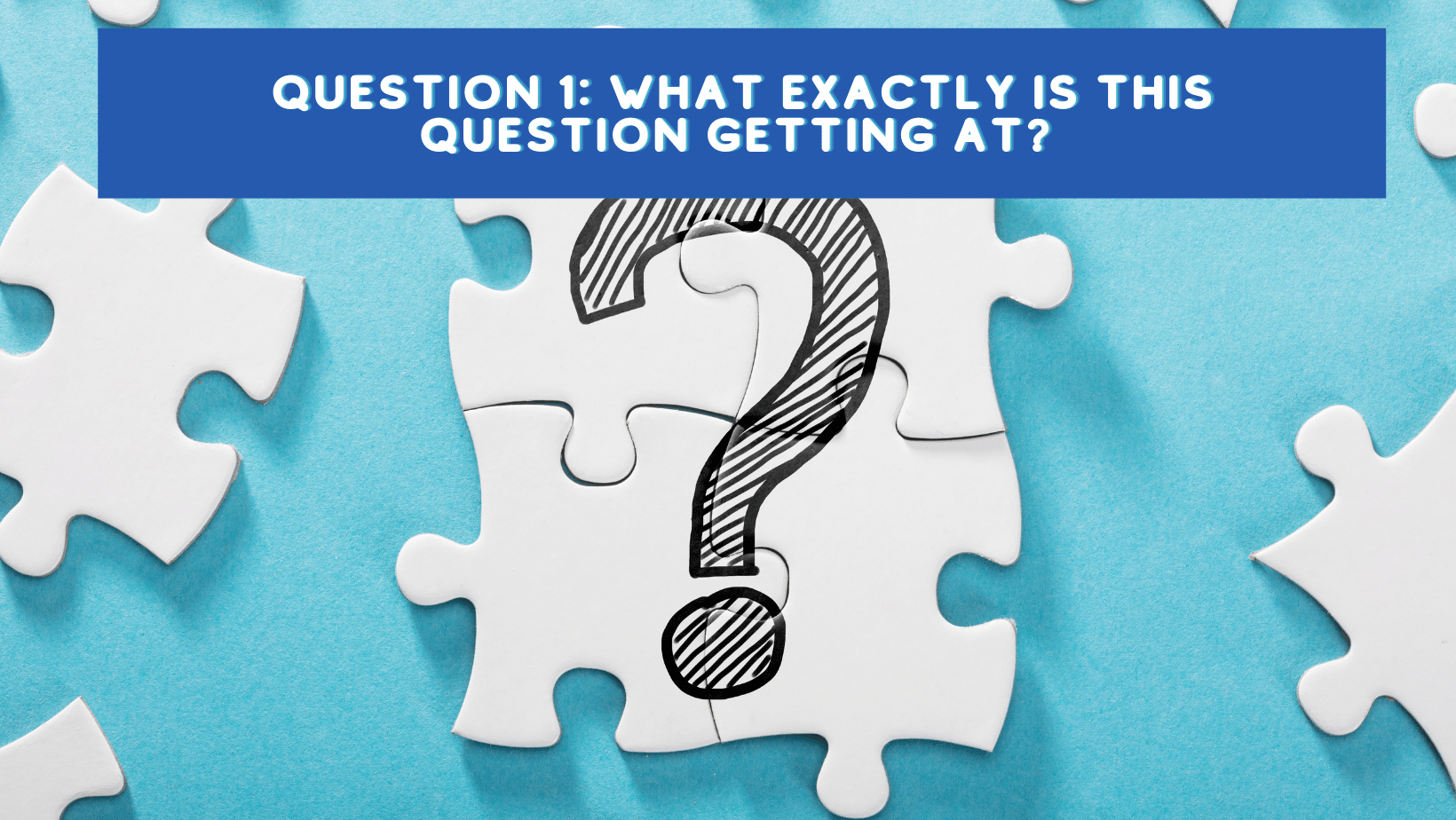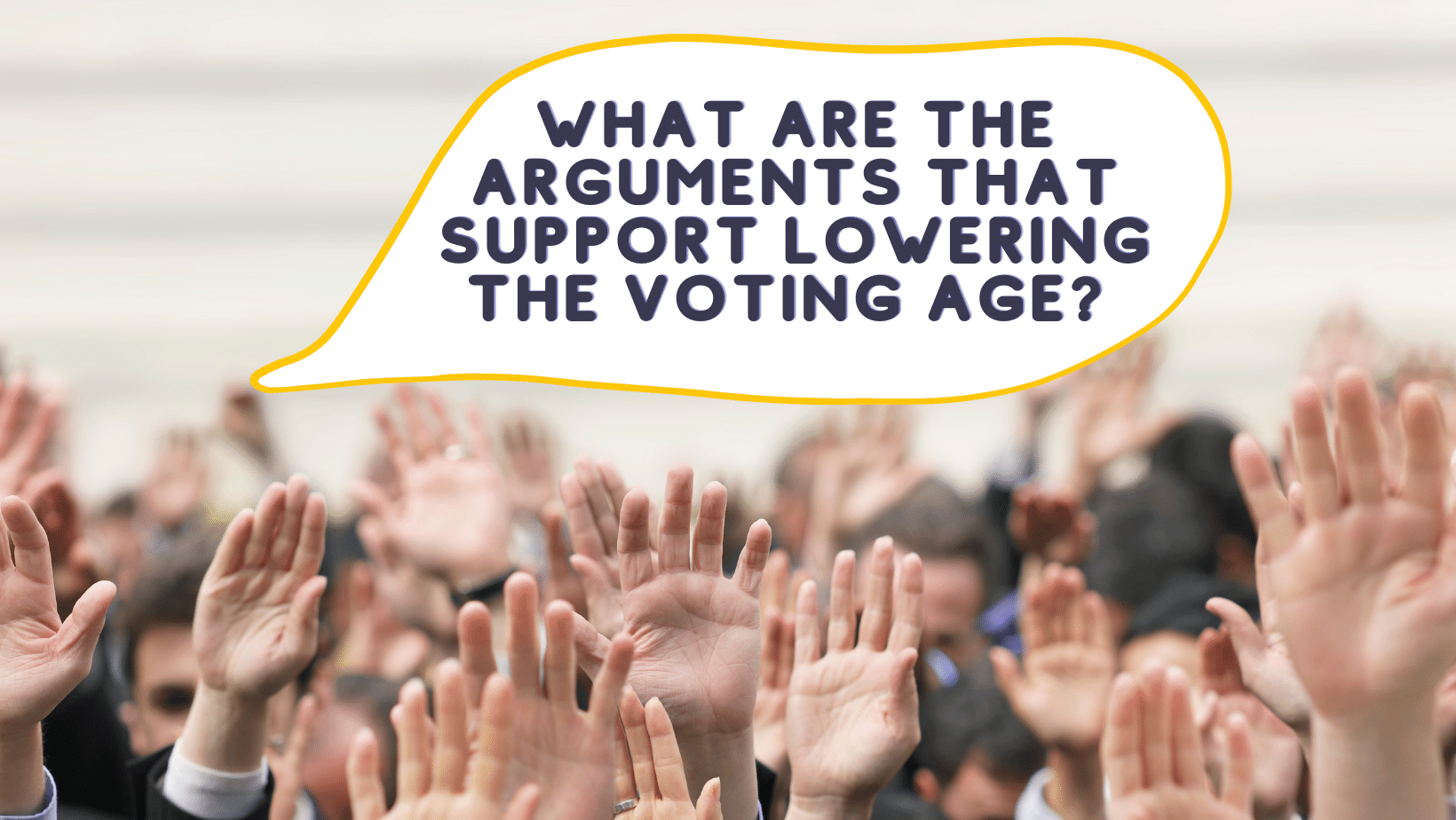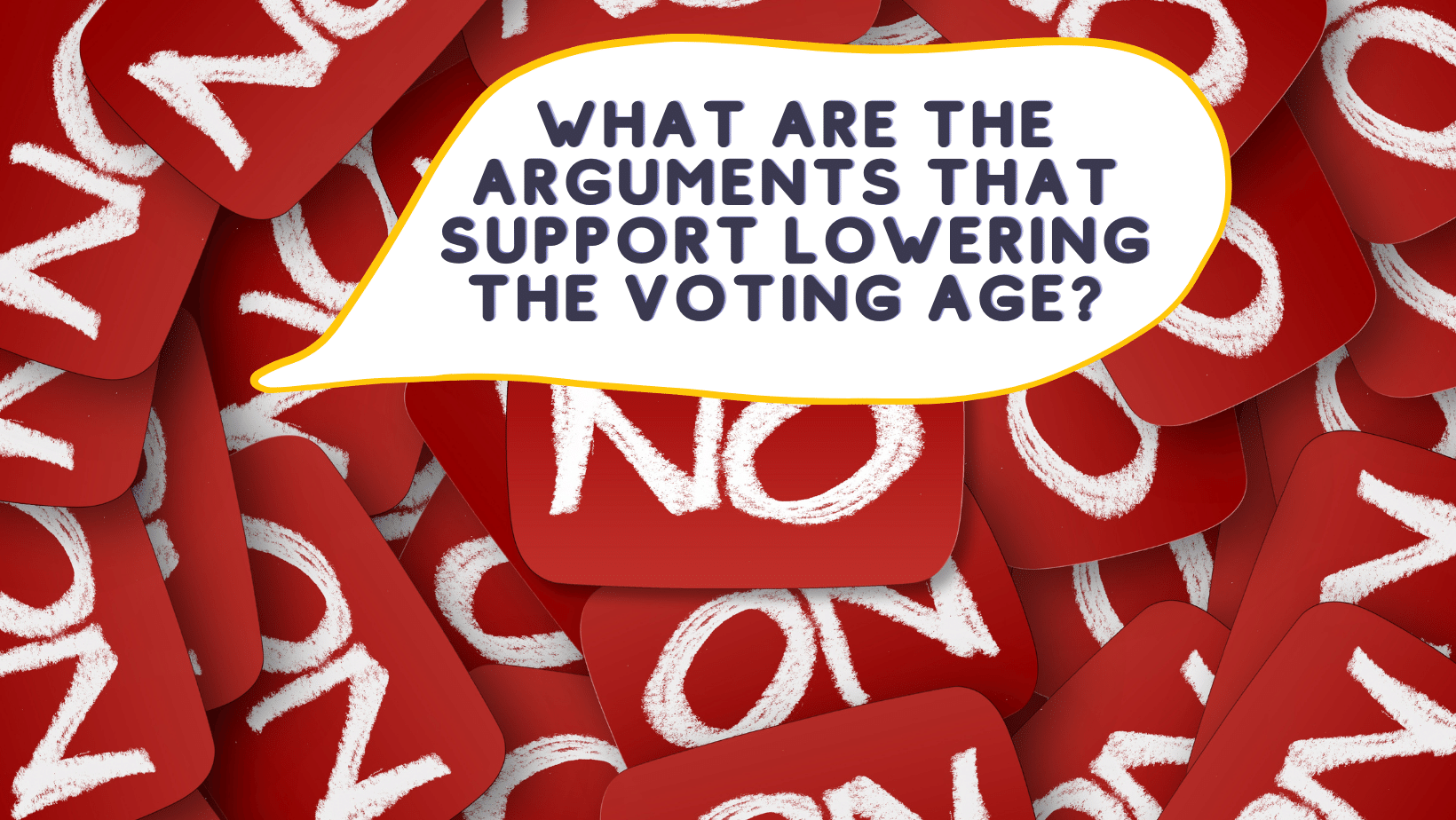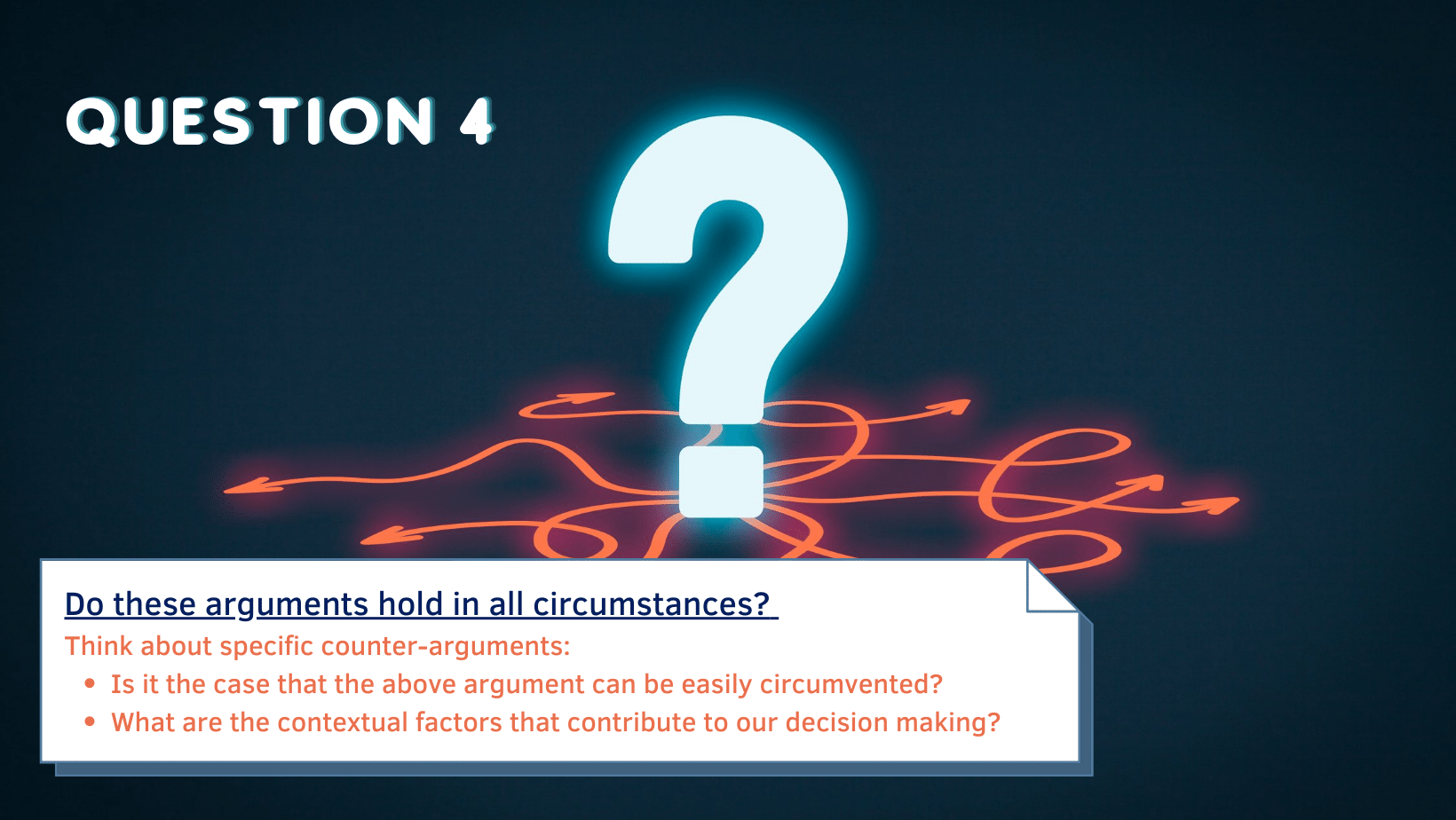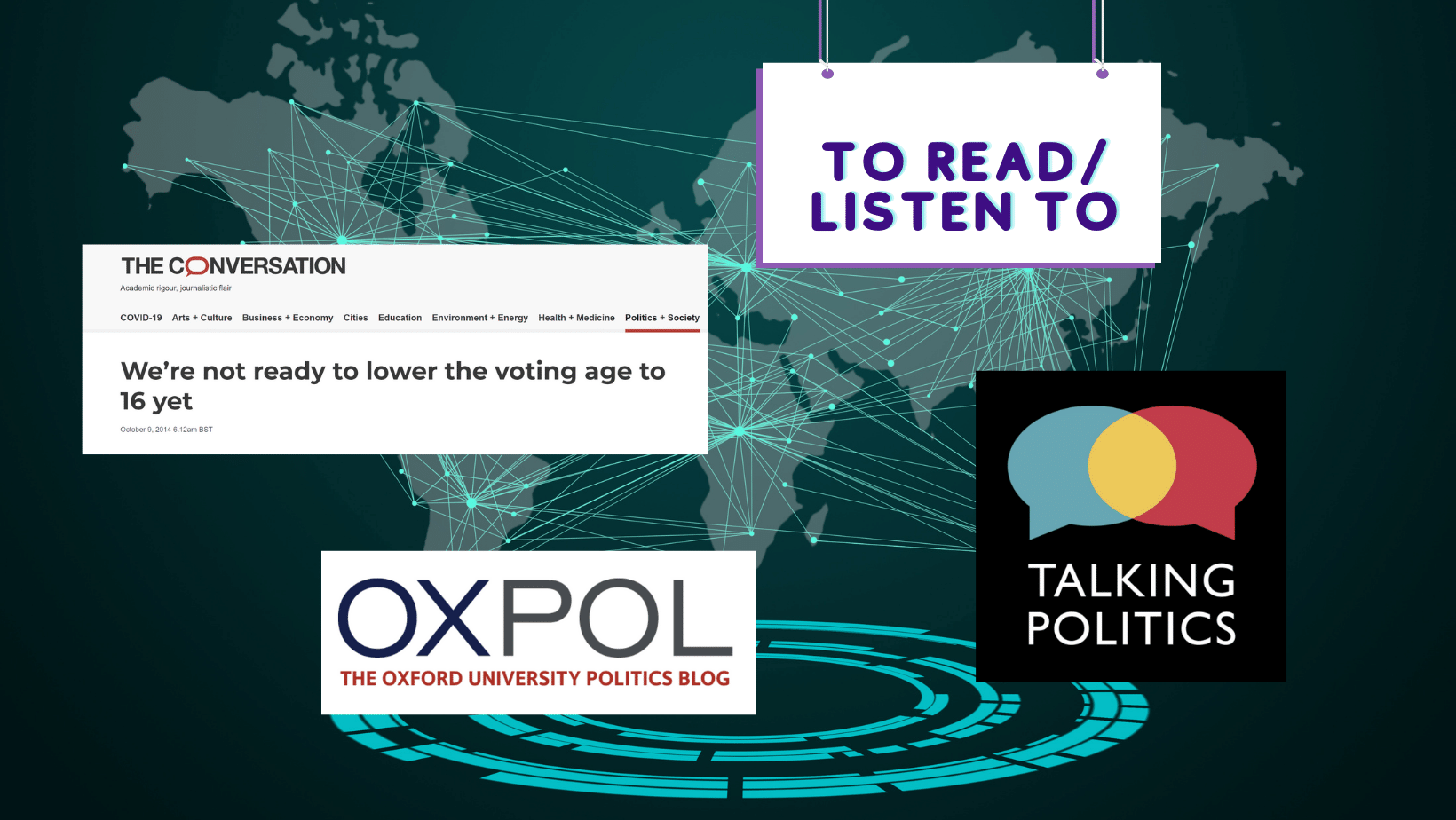A Guide To Answering Normative Questions: Should We Lower the Voting Age?
How should we go about doing politics? This is one of the oldest questions of our civilisation, tracing its way back to the times of Plato and Aristotle in Ancient Greece. While this digest won’t attempt to form a solid answer to this age-old question - this would be nye-on impossible given its scope - it will focus on one of the more pertinent questions of our political age: should we lower the voting age?
While it may have broader appeal for students keen to study the social sciences, this question is not just of interest to those broadly interested in politics. Being able to take a question that is hotly contested in public discourse and stripping it back to its bare bones to be able to arrive at a robust and logically sound conclusion is an ability necessary for success in all humanities disciplines.
How do we go about thinking about the question of whether we should lower the voting age? We can begin by asking ourselves what exactly this question is getting at. The question of ‘should we lower the voting age’ is a normative one. This is indicated by the use of the term ‘should’. Normative questions ask us to create a compelling case not for something that is, but for something that could be. In order to answer these difficult questions, it is often useful to break these questions down into smaller, more manageable ones. A top tip for essay planning is to try and do precisely this. In an interview setting, it is recommended to follow this process while thinking out loud.
This question is undoubtedly a broad one. It is important to narrow the scope of any question that we are confronted with. This helps our responses to be more clear and concise by preventing us from raising weak arguments and counter-arguments that do not get to the core of this issue.
My view is that this question is getting at the power of the state: should the state be able to make reasonable demands of its citizens, such as paying taxes, if they are unable to have any say in how the state wields its power?
Once we have narrowed the scope of the question and chosen our point of focus, we can go on to think about the arguments that support or deny that we should lower the voting age.
Question 2:
The first is that given that sixteen-year-olds can pay taxes and join the army, both of which are activities that contribute to the maintenance of the state, sixteen-year-olds should be able to have a say in what the state does with their money or persons. They are able to have this say by voting in elections.
The second is that lowering the voting age wouldn’t actually affect the demographic of people that vote -- James Tilley holds that over 98 per cent of people who actually vote would be 18 and over if the voting age were lowered to sixteen. This means that while lowering the voting age would be a step in the right direction for improving equality within states, it wouldn’t actually make much difference to the policy outcomes. As a result, any moral panic about the ‘disastrous impact of young people voting ought to be averted.
Question 3:
The first is that young people of whatever age simply do not care about politics, and giving them the right to vote would be a waste of everybody’s time.
The second is that giving younger people the vote won’t actually do anything to improve youth engagement in politics. This is the line held by people like Andrew Mycock.
The third is that under-18s are just not mature enough to vote. Psychologists can testify that our brains are not fully developed until the age of 25 - why would we give younger people with brains that are less developed than those who are currently able to vote the opportunity to do so?
This question is the most important one when attempting to answer normative questions. The task here is to think about specific counter-arguments: is it the case that the above argument can be easily circumvented? What are the contextual factors that contribute to our decision making?
There have been some specific cases where the voting age has been reduced to 16, for example in the 2014 Scottish Independence Referendum. Should we extrapolate from the Scottish Case? Why or why not?
Once you have figured out where your intuitions lie and which supporting arguments are the strongest, you are good to go in formulating your response to this question!
The examples given above are by no means exhaustive. To figure out exactly what it is that you think, why not investigate further by engaging with the following sources:
Andrew Mycock in The Conversation: https://theconversation.com/were-not-ready-to-lower-the-voting-age-to-16-yet-32653
Vyacheslav Polonski in The Conversation: https://theconversation.com/how-artificial-intelligence-conquered-democracy-77675
James Tilley in OXPOL: https://blog.politics.ox.ac.uk/change-voting-age-lowered-16/
Talking Politics Episode 129 - Democracy For Young People: https://www.talkingpoliticspodcast.com/blog/2018/129-democracy-for-young-people
Tommy Peto, ‘Why the Voting Age Should be Lowered to 16’, 2018.
Supplementary questions:
If one believes that we ought to lower the voting age, what age should we lower this to?
Should age be the parameter that we use when thinking about integration into democratic processes?
Should we place a cap on the voting age?
Are you applying to a top UK University/ Oxbridge and keen to put your wider subject knowledge / knowledge of global issues to the test? We offer interview preparation & host three mock interview days to build confidence ahead of the real thing:
Visit our University Applications Page on our on-curriculum division, U2 Tuition for full details. Our Oxbridge programmes aim to advance students to the level required for success at interview through regular tutorial sessions and specific admissions preparation (for personal statement, admissions test & interview). In sessions, students are expected to orally communicate, defend, analyse & critique ideas or solve problems, in conversation with the tutor (an Oxbridge graduate in the student’s course of application), as in an Oxbridge tutorial. This readies students for the challenging entry process and provides them with the tools needed to stand out amongst other strong candidates.
1-1 Sessions From £75/h.
We also host three Oxbridge/ Medical School Online Mock Interview Days in the lead up to interviews. Full details on the link provided.
